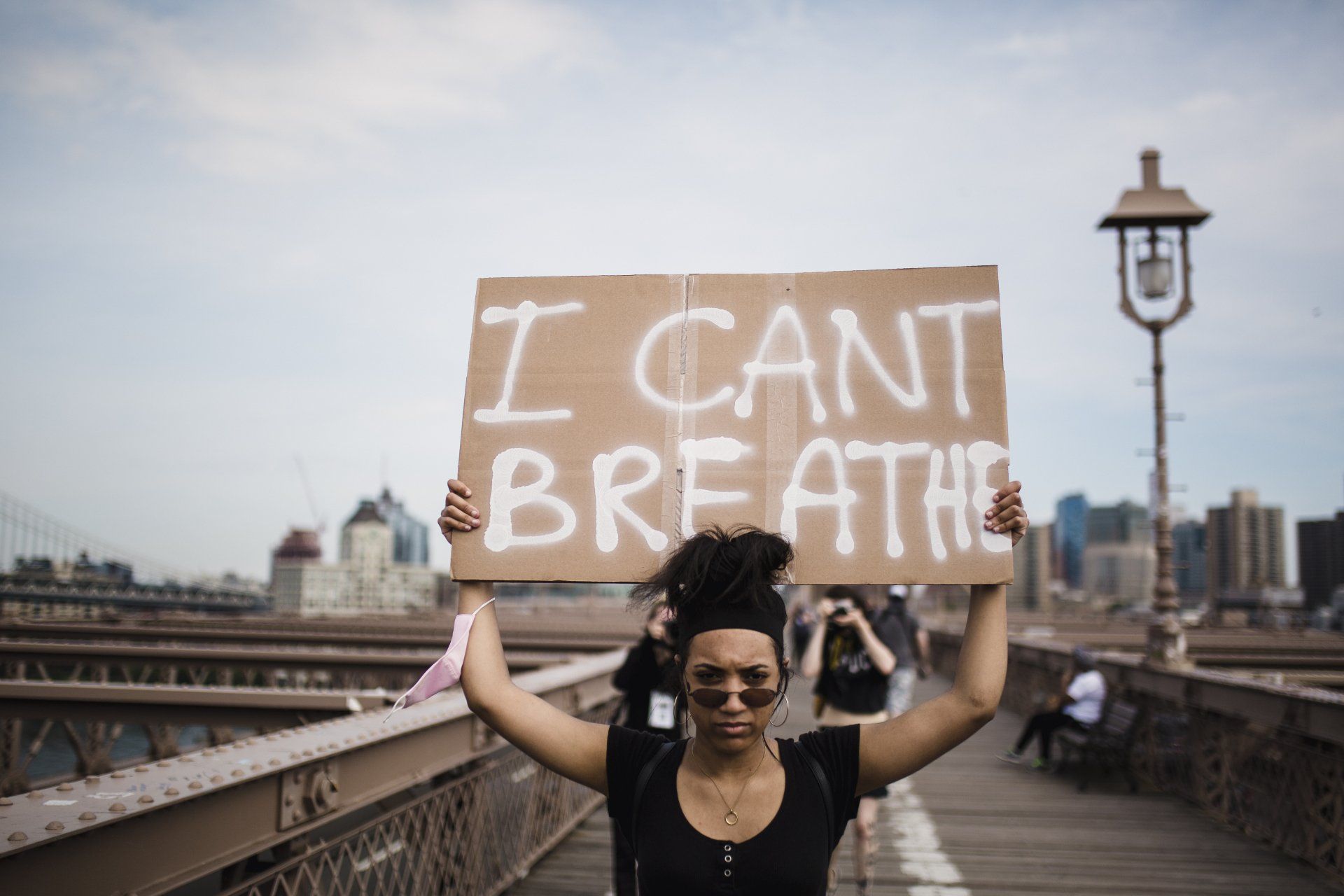Young persons are held criminally accountable for their criminal acts. But does this principle also apply to children? Can a child be convicted of criminal offences? The answer is no.
Children under the age of 12 are not held criminally accountable. This legal principal is stated in section 13 of the Criminal Code :
- 13
No person shall be convicted of an offence in respect of an act or omission on his part while that person was under the age of twelve years.
The YCJA defines child as follows:
The definition of “child” in criminal law is found in section 2 of the Youth Criminal Justice Act ( YCJA ).
child
means a person who is or, in the absence of evidence to the contrary, appears to be less than twelve years old.
This definition is to be contrasted with the definition of “young person”, which is defined in the YCJA as follows:
young person
means a person who is or, in the absence of evidence to the contrary, appears to be twelve years old or older, but less than eighteen years old and, if the context requires, includes any person who is charged under this Act with having committed an offence while he or she was a young person or who is found guilty of an offence under this Act.
Thus, the age of the person is important in criminal law in order to establish whether or not the person will be held criminally accountable. Young persons can be convicted of crimes and in the
YCJA applies to them. The
YCJA provides different sentences for young persons than the ones applied for adults and found in the
Criminal Code . Youth sentencing is usually more lenient than adult sentencing because the
YCJA ‘s main focus is the rehabilitation and reintegration of the young person. However, there are situations where a young person may be sentenced as an adult. In addition, the
YCJA does not create different offences for young persons. A young person will still be charged with the same criminal offences that an adult may be charged with. However, the procedure and sentencing of a young person could in many cases be more lenient than that of adults. In addition, when it comes to bail hearings, the onus is always on the Crown in the case of young persons.

About The Author
Maya Shukairy is a criminal defence lawyer based in Ottawa, Ontario. Before becoming a criminal defence lawyer, she worked in a Crown’s Office gaining experience working as a Crown prosecutor. Maya offers her services in English, French and Arabic. Shukairy Law has affordable rates and accepts Legal Aid certificates.
Find this post informative?
Share it with your friends and family.
CAUTION: the information on this page does not constitute legal advice and is NOT a substitute for legal advice. To obtain legal advice please refer to a lawyer. If you do not have a lawyer and you are seeking legal advice, you may contact us at (613) 670-5819.
Take a look at a few other posts...



